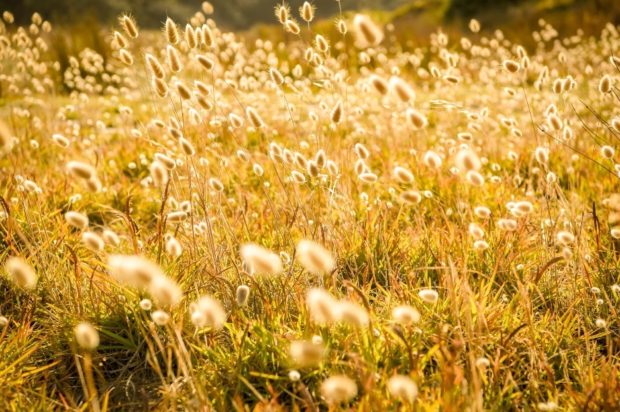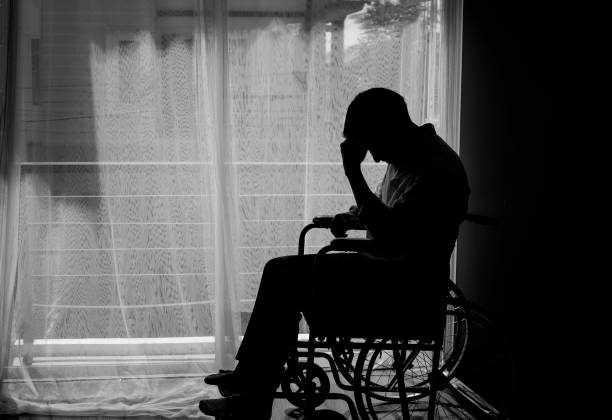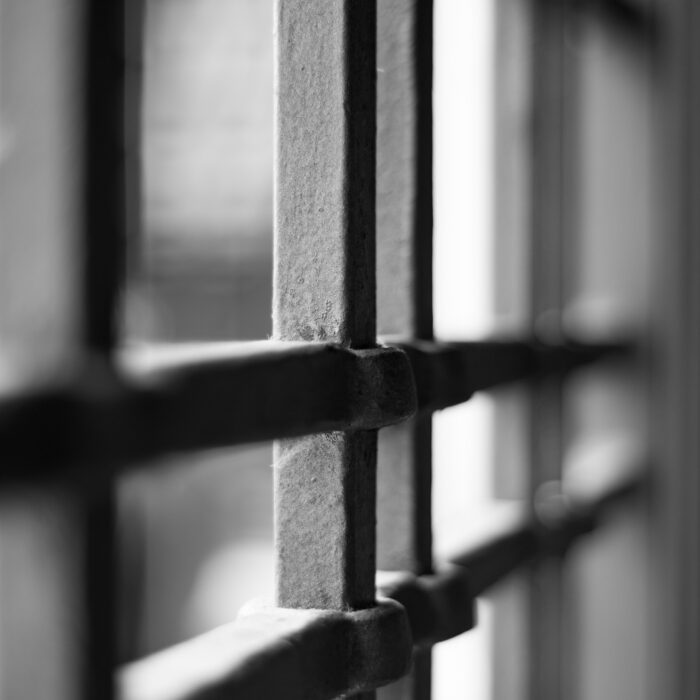You have no items in your cart. Want to get some nice things?
Go shopping
We used to say our son will be a neurologist exploring the upper limits of the human mind’s mechanics, an aeronautical engineer devising methods of time travel, or a sober general treating life as something to be valued — a different kind of man, for a different era. But you didn’t agree. None of it was for you, somehow.
You were your own person. A special case of interest we watched grow through one phase of obsession after another.
First it was wheels and hugely cumbersome blades that churned energy from the air like butter from milk — anything that rotated and was round. Then came garages, their crinkled doors and hidden recesses an endless source of fascination and delight. Heavy trucks were also captivating. And like so many boys that age, you learned all their names and sang them to any tune you could snatch from the air.
At seven you found rocks and tiny plants, and the many varied creatures that lived amongst them, to be the most intriguing. We played along, nourishing your fascinations and imagining archaeology, botany, geology, volcanology and other -ologies as your chosen profession.
The next year you only cared for skateboards and bikes.
Those microscopes and feathery brushes used to illuminate geological wonders lay under their own layers of dust and grit — abandoned in the forgotten corners of your cavernous wardrobe. In their place were muddy wheels, scratched and torn pants, and gaudy stickers half-peeling from your vehicles.
We contemplated sports stardom and X-air competitions, foolishly letting you launch yourself off any ramp you could find.
The accident changed your mind and drew you back into yourself — a hermit crab retreating to the safety of books and Lego. And the endless wonders of tiny wheeled toys.
You built a city around a train set, and we returned to dreams of engineering or architecture. We bought you more blocks, more toys, and you formed a shell; piece by piece, until only your fearful brown eyes could be seen. You peered out at the world as a threat, and we covered you in bubble wrap that popped with every second step.
And then one day you smashed those blocks to pieces. You broke out of your cage, moulted that fragile shell, and scattered your fears like confetti — taking a paper run, earning pocket money, combing the neighbourhood for the chance at a few dollars. You wanted to acquire and accrue.
For what? It was never clear.
We pondered your entrepreneurship, your magnate aspirations, your desire to fill a room with gold. We set up a bank account for you to store your loot in. It grew like a weed, but you never touched the money. The saving was what pleased you.
Until at ten it didn’t.
You spent it all in one single turn around a theme park, throwing those sweaty coins at one ride after another — leaping, soaring, flinging and tangling yourself upside down and round-about. There was nothing you didn’t try. We couldn’t keep up.
When you were eleven, twelve and then thirteen you were unstoppable, insatiable. Determined to know the world with your wild, wide eyes. We hoped for adventure, resolve, beautiful friendships and the safety of an enduring love. But you weren’t interested. Experience was all you cared for.
Those whirling, joyful years sprang quickly behind us, and your childhood became a teenagehood of surgical looks and blunt words. That was expected. We were the same, and punished our parents unreasonably for their existence.
But you locked the doors on us. You closed the shutters and hid yourself away.
At sixteen you became a rival, a combatant, a dry and colourless thing without joy. We didn’t blame you. We stretched out our arms to warm you, to bridge your distance.
You were not there. You had departed. Retreated to your mind’s fickle games of left is right, wrong is light, and chemical exploration the only way to reach up. We couldn’t catch you — tether you to things real, things with definite weight. You just floated up, up, up, and then plummeted frightfully downwards.
When we found you on the floor that day you were the blue of forget-me-nots. A delicate shade of pale limbo, drifting between this place and that dimmer land of pallid remembrance. We gathered you up like a bundle of twigs and burned you with our tears — dancing frantically around the blaze like zealots.
You didn’t smile when you woke, just turned your floating eyes away and held counsel with yourself. We were shadows on a wall at your back. But the pulsing at your neck was enough for us.
For two slender years your pulse beat strong. You smiled and laughed, you chuckled and beamed. You went through the motions, keeping our fears at bay. We limped along beside you, glancing ever-sideways at the dark and gaping mouth of possibilities at your feet.
It nearly swallowed you whole the next time you tried to flee — to drift away into your dreams, and beyond to our nightmares.
We collected what help we could find. We tried to stitch you back together. But the pieces were frayed and beyond our meagre skills. You didn’t want to be re-made, and our fears spread like mould over the rind of our family.
At twenty you lashed out, tearing the delicate skein of our care. Your mother recovered, but we were no longer three, just two. Our wary looks danced around each other, catching the guilt of our choices in the edge of a mirror or a darkened window. We weren’t really there, and you were elsewhere.
You returned to us as a man. Not made whole again, but you once more occupied the space around you.
We washed the dry-grey lines from your face, undid the knots of institutional adherence, and let you walk again in the freedom of sunlight and shifting air. We dared to dream of your future — a life of balance and chemical regulation, of caution and steadiness. A life with clear limits, but one that was your own.
You didn’t want it. It wasn’t for you, somehow.
When that patter of dirt fell onto your wooden bed, we broke. We spread like dandelion seeds on a quiet breeze. There was nothing left but the mournful play of wind on stone.
We still talk, but there is nothing to hold onto. We have flown apart, and can only drift endlessly between those bright fields of memory you now live in.
It is she and I — not we. We are separate, and you are not here.

Crispin Anderlini
Crispin Anderlini is a Wellington, New Zealand-based short story writer by night, and a suit-wearing media wrangler by day for the Office of the Chief Coroner. He can be found at his desk writing most nights, while his small family sleep peacefully in other rooms. Previous work has appeared in Fresh Ink Anthology, Between These Shores Literary & Arts Annual, East of the Web and at Literally Stories.
- Web |
- More Posts(1)




